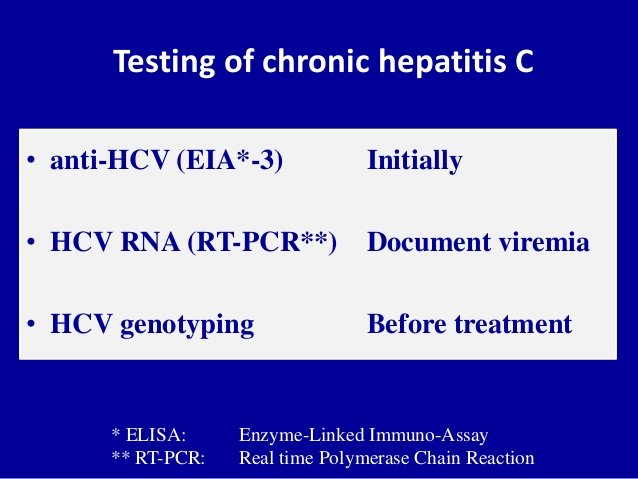
What Makes the Possibilities of Hepatitis C Virus to Get Transmitted?
- February 25, 2017
- Ravi Sharma
- Blog
The most common possibility of spreading this virus is trough contact with the blood of an infected person. This contact can be in various ways. Some more potential chances are the following:
- Blood transfusions and organ transplant before 1992, when widespread screening of the blood supply began.
- Sharing equipment that are used in inject drugs
- Getting tattoos and body piercings in informal settings or with non-sterile equipment
- Poor infection control in health care facilities and residential care facilities
- Sexual transmission (rare) – having a sexually transmitted disease or HIV infection, sex with multiple partners or rough sex can increase the possibility of hepatitis C.
- Sharing personal items like toothbrushes, nail clippers or razors that have blood on it can increase the possibility of spreading of Hepatitis C Virus.
- Pregnant women who are infected with the virus passing it to their babies at the time of birth
The important point to note is that Hepatitis C virus doesn’t spread by casual contact like sneezing, coughing, sharing food and drinks and hugging.
Ways That Will Help You in Detecting Hepatitis C Virus?
Blood test is the most common and simple method of knowing about the person who is infected with hepatitis C virus. A blood sample is tested by doctor or an outpatient facility; while in some cases, lab tests are required.
HCV Testing is recommended first to test for anti-HCV through FDA approved test. Nucleic Acid testing is required to confirm the positive results for HCV RNA as per AASLD-IDSA recommendations. Not to mention genotype test that is done to confirm the type of virus before doctor initiates the treatment. Some more tests or scanning processes can be required to scrutinize the structure of the liver and review the level of liver damage. The important point to note is that people hardly know or reach to the result that they are infected by Hepatitis C. Symptoms of the diseases hardly see in the early stage.
According to liver care specialists, Chronic Hepatitis C is a serious disease. It is important to consult with liver cure specialists time to time to know about the complications of this liver disease. It can also result in long-term health complications like permanent liver damage, liver failure, liver cancer or even dearth, if not diagnosed or treated in time.
- Liver cure specialists explain that vaccines are not available to prevent infections due to Hepatitis C virus.
Is There Any Successful Treatment for Hepatitis C
Treatment options are available to get rid of the liver disease or to achieve SVR or Sustained Virologic Response. SVR is the assurance of ensuring that Hepatitis C Virus is not in the blood to 3 to 6 months after the patient stops taking his/her medicines. Patients who achieve SVR are kept in the category of cured people. There are various other methods and tests that will ensure that you are free from the possibility of this virus or it is easy to cure.
In order to get the right treatment or all essential tests, it is important to consult with the doctor to get precise solutions and complete treatment.
Leave a Comment cancel
4th Floor, 404, Above Max Hospital,HB Twin Towers, Near TV Tower NSP, Pitampura,New Delhi 110034
cure4liver@gmail.com
Copyright © 2015 - CureForLiverDiseases. All Rights Reserved. Website Design: ARTwebnet
